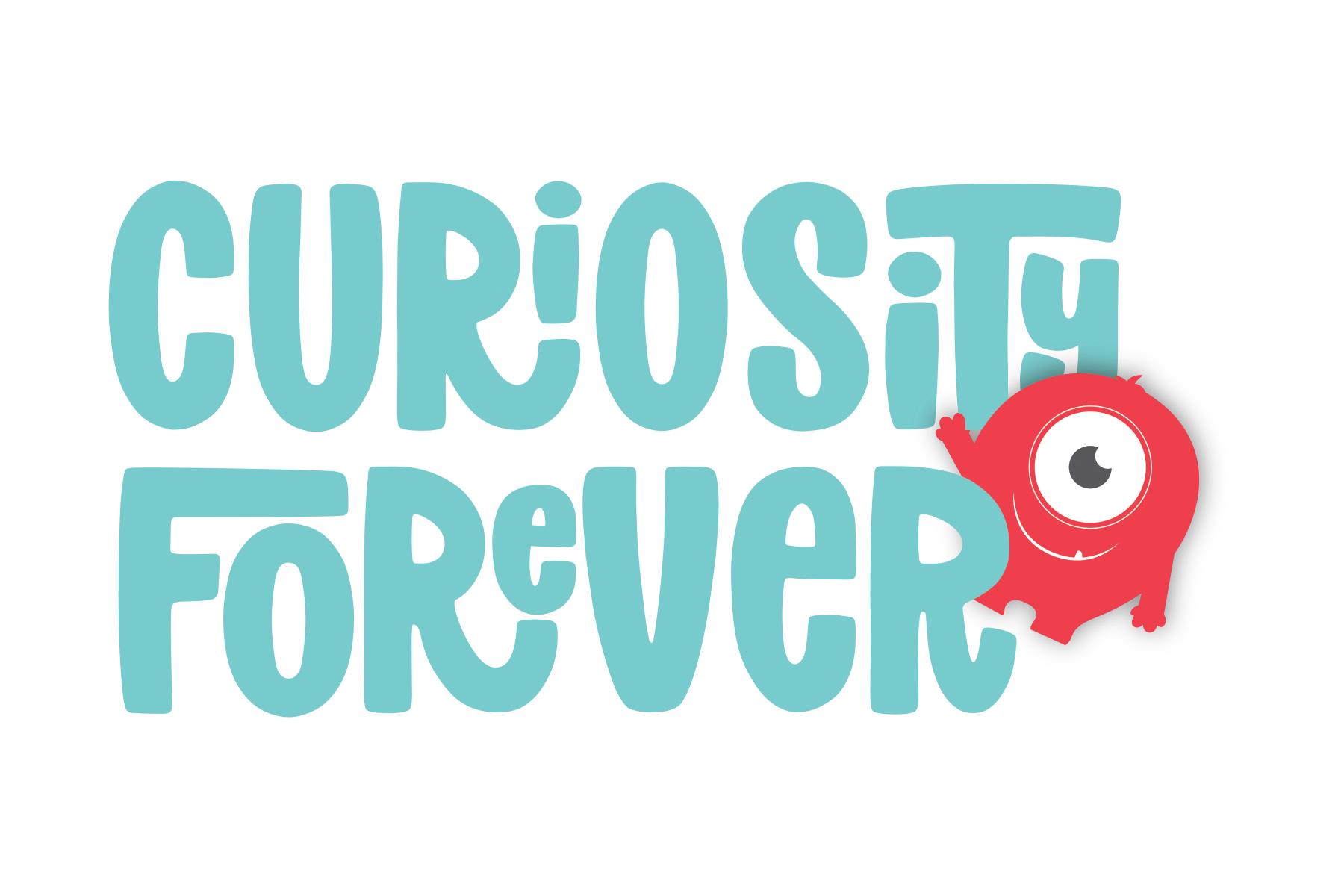The Power Of Perseverance
Have you ever lived through a situation so tough you wanted to quit? We all have! Sometimes quitting is the right move, but often the best results come when we push through the frustration. Meaningful learning happens when you let yourself struggle, make mistakes, explore, and keep going.
Recently, I experienced this myself when I took on a new curriculum project. Suddenly I found myself lost amongst writer’s manuals and directions that didn’t make sense. I contemplated giving up, but there was something in the messiness of the project that seemed interesting. That spark of interest was enough for me to persevere through my uncomfortable feelings.
This got me thinking (as always!) about how kids learn. It’s hard to persist through things that don’t seem interesting at all. But when we can spark kids’ interest, they will be more likely to take on challenging work. Help your child develop perseverance skills with these ideas:
Muck About
When I was teaching, my colleagues and I started to implement “mucking about” time into our unit plans. This was a chance for students to freely explore the topic we were studying with no expectations and no pressure. Sometimes after mucking about, kids would come back confused. But that confusion led to good questions, which then led to good learning!
Home can be the perfect place to allow this type of casual exploration. Without the expectations of the classroom, kids can be free to explore, ask questions, and be confused without consequence.
Acknowledge Difficulties
Talk to your kids about confusion and help them realize that it’s a normal part of learning. We don’t snap our fingers and suddenly know how to read, just like we don’t learn how long division works overnight. Learning is a culmination of struggles, curiosity, and perseverance. Sometimes kids give up because they feel like learning really hard things should be easy. They feel like something is wrong with them for not understanding right away when that couldn’t be further from the truth. Make sure your child understands that learning can be challenging and that learning happens by wading through the confusion.
Share Your Struggles
Just like it’s important to talk to your kids about their learning, it’s helpful to talk about your own learning too. When I shared with my six-year-old how I was struggling with understanding the curriculum project, she was shocked. From her perspective, I had things all figured out (ha!) and never struggled to learn something new. This led to a great conversation about how challenges can be the greatest learning opportunities.
Have a Growth Mindset
Communicating the power of perseverance is a key part of helping kids develop a growth mindset. Growth mindset is the idea that intelligence isn’t fixed, but is something that is developed through hard work and effort. As Carol Dweck, the researched behind growth mindset says, “This view creates a love of learning and a resilience that is essential for great accomplishment.” Embracing the messiness of learning can help your kids engage with and appreciate the process.
It’s really hard to teach kids perseverance and how to sit with uncomfortable feelings. But it’s so important! Imagine all the opportunities and accomplishments we’d give up if we never pushed through things that were hard. Let’s help our kids keep going, even when things get tough.

